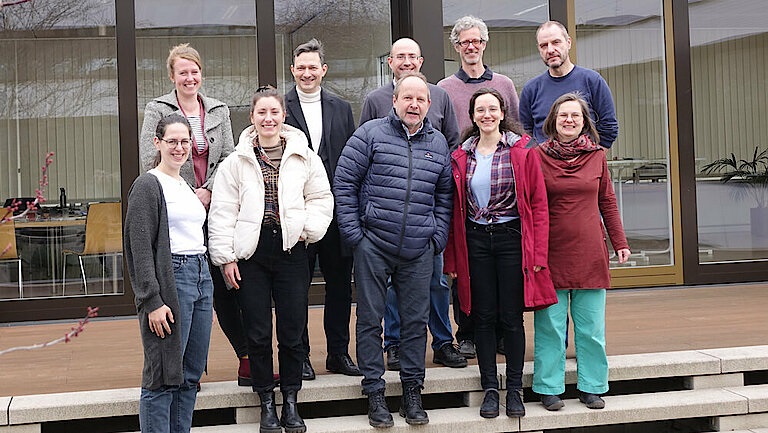Experiences, challenges and strategies in reaching target groups in political education and research in rural East Saxony

How can transformative change be achieved in cities and regions? Which key components can determine society's ability to innovate in order to shape transformative change? What understanding do regional actors and institutions have of innovation, transformation and regional development and what values, narratives, practices and forms of organization do they share and pursue? What are the requirements for governance approaches, methods and instruments that aim to address the central components of transformative innovation systems?
The "ATRAKTIV" research project is dedicated to these questions and has set itself the goal of questioning the traditional understanding of innovation, which is primarily oriented towards technological progress and economic growth. The project therefore focuses not only on technological and economic innovations, but also on social innovations that are linked to sustainable ways of thinking, trading and organizing for the common good.
What does ATRAKTIV want? In a supra-regional comparison, four rather peripheral and rural regions (Görlitz/ Dithmarschen/ Kyffhäuser and Saale-Holzland districts) without a strong economic center, which are generally classified as "structurally weak" districts, will be examined. Based on this, concrete governance approaches, methods and instruments will be developed to support regions in increasing their transformative capacities and activating and strengthening regional sustainability-oriented innovation systems.
As a research associate at the TRAWOS Institute, Leonie Liemich is working on the analysis of regional innovation systems in areas remote from agglomerations in order to develop concrete governance approaches for the region. At the same time, she is working as project coordinator of the Lusatia - Life & Technology alliance on the development of a regional innovation alliance.
In the colloquium, Leonie Liemich will present the theory-based, comparative case study approach, which uses a mix of quantitative and qualitative social research methods. The project brings together existing disciplinary approaches that have so far been little connected to form a transdisciplinary theoretical-conceptual framework of transformative innovation systems. This is followed by an opportunity to discuss both methodological and content-related issues.
Thursday, 15.06.2023, 12:15 to 13:45 hrs
Campus Görlitz, G I (Blue Box), Room 304
All information about the project can be found here.